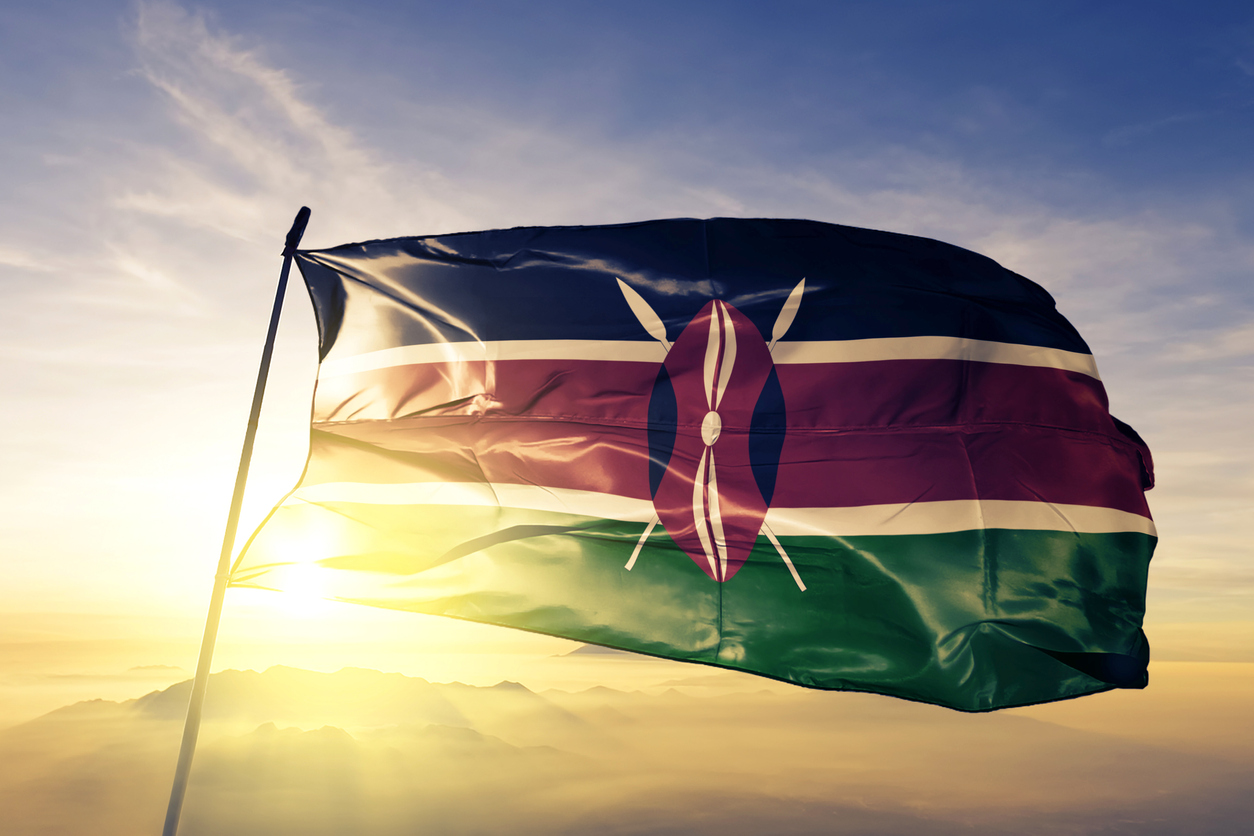How to Ship Goods From Zambia to Kenya: A Beginner’s Guide
How to Ship Goods From Zambia to Kenya: A Beginner’s Guide
There are many ways to ship goods from Zambia to Kenya. Depending on the type and quantity of your shipment, cost, time frame and other factors will impact the best way to ship goods. Before you begin researching shipping options, take into account all of the specifics of your shipment. What type of goods are being shipped? How much volume is there? Are they sensitive to heat or humidity? How much can you invest in shipping? Which carrier will offer a competitive rate? These are just some of the questions you’ll need answered before moving forward with your shipment. Here is a breakdown of your shipping options when sending goods from Zambia to Kenya.
By Road
If you’re shipping a small to moderate-sized shipment, road transport is a viable option. If your goods are sensitive to weather conditions, are heavy or have a high volume, this may not be your best option. Road transports typically carry smaller loads and do not offer the option for air or sea. It may be necessary to have your shipment consolidated with other shipments to achieve the desired quantity or to achieve a cost-effective rate. This option may not be best if you’re shipping fragile or perishable items. Additionally, if you’re shipping between different countries, you may want to consider the distance of the route. This can affect the amount of time it takes to arrive at the final destination, along with the extra costs incurred by waiting. If you’re shipping to Kenya, this is an option to consider. The road between the two countries is well maintained, and the journey is estimated at three to four days.
By Air
If you’re shipping large, heavy or valuable goods, air transport may be your best option. It offers the fastest transit times, and your shipment will be delivered on the same or next day of departure. There are many air cargo companies in the world, so you’re likely to find one servicing your pickup and delivery points. Air transport is temperature sensitive, so it’s best for dry goods, or those that can withstand some humidity. It’s important to remember that dangerous or hazardous goods are not allowed on airplanes. You’ll need to ship these items by other means. Prices for air transport are typically based on volume and weight, so it’s a good idea to have your shipment weighed before booking.
By Sea
If your goods are perishable, fragile or heavy, this is the best option. Most ocean vessels can transport heavy loads, making them the best option for building materials, machinery or anything else that requires a large container. Ocean transport is not typically the fastest option, but when compared to air, it can be a more budget friendly option. Depending on the type of vessel, it’s possible to book a slot up to six months out. The only drawback to booking so far in advance is that your scheduled arrival date may be delayed due to weather conditions. While booking, it’s important to take into account the type of vessel. Some vessels are designed for speed, while others are better equipped for carrying heavy loads. Depending on the type of vessel, you may also have to book a slot for loading and unloading your shipment. When it comes to the cost of shipping goods from Zambia to Kenya, you can expect to pay anywhere between $1,000 and $100,000 depending on the route.
Customs Clearance
Once your goods have arrived at their destination, you’ll need to make sure they’re cleared through customs. You may also need to pay taxes, tariffs or duties on your shipment. Customs agents will carefully inspect your shipment to ensure that it’s in compliance with the country’s laws and regulations. Because each country has its own rules, it’s important to familiarize yourself with Kenya’s before shipping there. Failure to comply with customs laws and regulations can result in hefty fines and penalties. Before your shipment arrives, contact the port of entry nearest to your pickup location and inquire about their clearance process. This will help you better prepare for the arrival of your shipment. It’s important to note that you may be required to present identification when your goods arrive. While some ports of entry have online systems for clearance, others require the use of snail mail.
Conclusion
Shipping goods from Zambia to Kenya is a relatively easy process. You can generally ship most items, with the exception of perishable or hazardous materials. Depending on the type of shipment, you have several options for shipping your goods. You can choose to ship them by road, air, or sea. Before you ship, you’ll need to decide if you’d like to hire a customs broker. Customs brokers are experts in importing and exporting goods and can help you navigate the clearance process.








LEAVE A COMMENT
You must be logged in to post a comment.